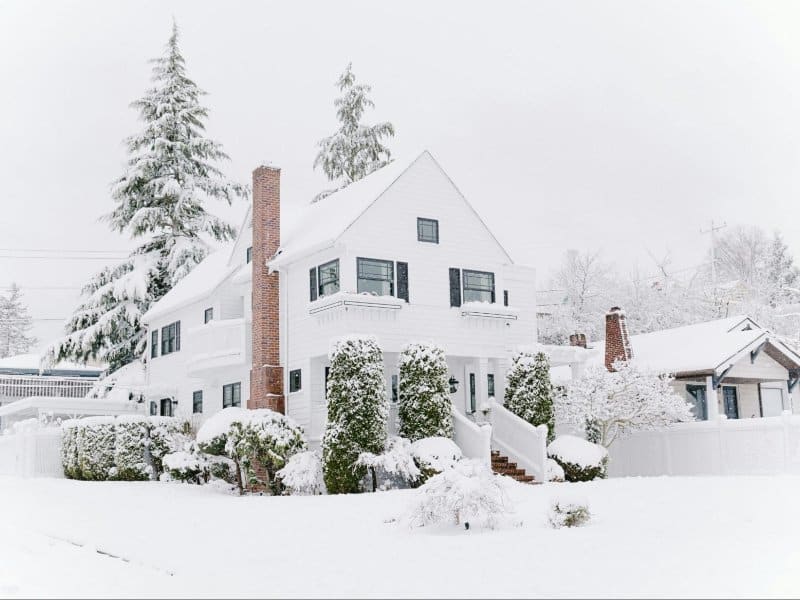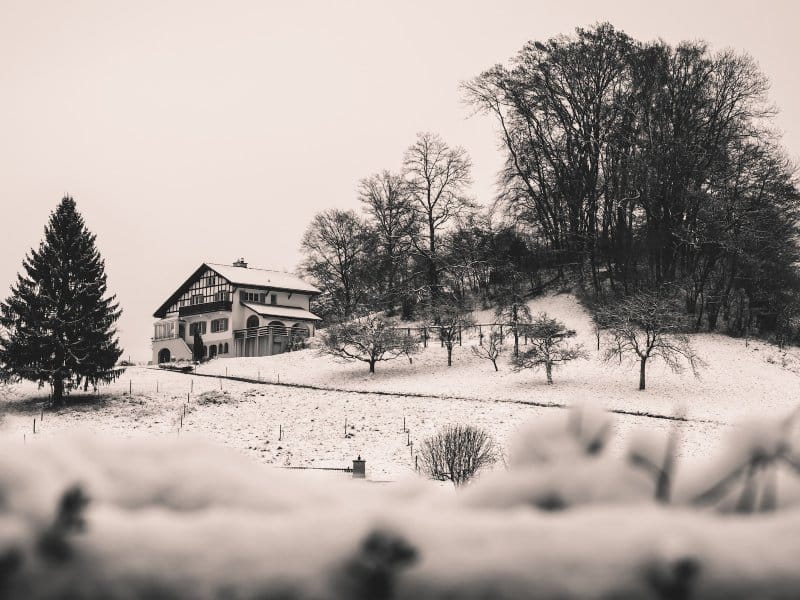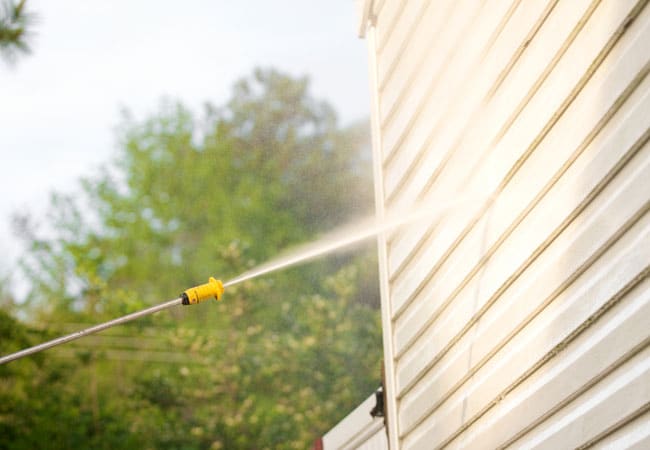As winter sets in, the colder temperatures and harsh conditions drive many creatures, both large and small, to seek shelter and warmth indoors. Unfortunately, this includes a variety of pests that can become unwelcome guests in homes and businesses. Winter pest control is a critical aspect of maintaining a clean and comfortable living or working environment during the colder months. This article explores the challenges posed by winter pests, the common invaders during this season, and effective strategies for keeping unwanted guests at bay through preventive measures and professional pest control services.
Understanding the Challenges of Winter Pest Infestations
- Seeking Shelter from the Cold:
- Challenge: As temperatures drop, pests such as rodents, insects, and spiders seek refuge indoors for warmth and shelter.
- Consequence: Without effective preventive measures, homes and businesses can become vulnerable to infestations.
- Access Points:
- Challenge: Pests find entry points into structures, including gaps, cracks, and openings in doors, windows, and foundations.
- Consequence: Identifying and sealing these access points is crucial to preventing pests from entering indoor spaces.
- Limited Food Sources:
- Challenge: Winter often reduces the availability of outdoor food sources for pests.
- Consequence: Pests are more likely to explore and infest indoor spaces in search of sustenance.
- Increased Reproduction Rates:
- Challenge: Some pests have accelerated reproduction rates during winter, leading to larger infestations.
- Consequence: Ignoring early signs of pest activity can result in rapid population growth and a more challenging eradication process.
Common Winter Pests
- Rodents:
- Identification: Mice and rats are common winter invaders.
- Behavior: Rodents seek warmth and food, posing health risks and causing property damage through gnawing and nesting.
- Insects:
- Identification: Cockroaches, ants, and spiders are frequently found indoors during winter.
- Behavior: Insects enter structures in search of warmth, and some, like spiders, prey on other pests.
- Stored Product Pests:
- Identification: Pantry pests, such as beetles and moths.
- Behavior: Infestations often start in stored food items, grains, and dry goods.
- Termites:
- Identification: Termites can remain active during winter.
- Behavior: Termites may continue to feed on wood and cause structural damage, albeit at a slower pace.
- Wildlife:
- Identification: Larger pests, including raccoons, squirrels, and bats.
- Behavior: Wildlife seeks refuge in attics, crawl spaces, or other indoor areas, causing structural damage and health risks.
Effective Winter Pest Control Strategies
According to our friends at Life After Bugs, there are many strategies you can use to prepare your home for the wintertime. Some of these strategies include:
- Sealing Entry Points:
- Preventive Measure: Inspect and seal gaps, cracks, and openings in doors, windows, and foundations.
- Result: Limiting access points reduces the likelihood of pests entering indoor spaces.
- Proper Food Storage:
- Preventive Measure: Store food in airtight containers, and keep pantry areas clean and well-organized.
- Result: Minimizing food sources discourages pests from infesting kitchens and storage areas.
- Maintaining Cleanliness:
- Preventive Measure: Regularly clean and vacuum indoor spaces, paying attention to areas prone to crumbs and spills.
- Result: A clean environment reduces the attractiveness of indoor spaces to pests.
- Outdoor Maintenance:
- Preventive Measure: Trim branches and vegetation near buildings to eliminate pest highways.
- Result: Preventing pests from using vegetation as a bridge to enter structures.
- Insulation and Weather Stripping:
- Preventive Measure: Ensure proper insulation and install weather stripping around doors and windows.
- Result: Maintaining a well-insulated structure minimizes entry points and helps regulate indoor temperatures.
- Professional Inspection:
- Preventive Measure: Schedule a professional pest inspection before winter sets in.
- Result: Identifying potential issues early allows for timely preventive measures and effective pest control.
- Regular Monitoring:
- Preventive Measure: Implement ongoing pest monitoring, especially in vulnerable areas.
- Result: Early detection enables prompt intervention, preventing small infestations from turning into major problems.
- Humidity Control:
- Preventive Measure: Maintain optimal indoor humidity levels to discourage pests that thrive in damp conditions.
- Result: A dry environment is less appealing to pests like cockroaches and certain spiders.
- Outdoor Pest Control Treatments:
- Preventive Measure: Implement outdoor pest control treatments around the perimeter of structures.
- Result: Creating a barrier deters pests from approaching and entering buildings.
- Winterize Your Property:
- Preventive Measure: Winterize your property by checking for and repairing any structural vulnerabilities.
- Result: A well-prepared property is less susceptible to pest invasions.
Benefits of Professional Winter Pest Control Services
- Targeted Treatments:
- Advantage: Professional pest control services offer targeted treatments based on the specific pests present.
- Result: Effective elimination of pests without unnecessary exposure to pesticides.
- Preventive Measures:
- Advantage: Professionals can implement preventive measures to fortify a structure against potential pest invasions.
- Result: Proactive strategies help reduce the risk of infestations.
- Safe and Effective Treatments:
- Advantage: Pest control professionals use safe and environmentally friendly treatments.
- Result: Effective pest eradication without compromising the health and safety of occupants.
- Knowledge and Expertise:
- Advantage: Pest control experts have the knowledge to identify and address specific pest challenges.
- Result: Efficient and targeted solutions tailored to the unique needs of each infestation.
- Long-Term Solutions:
- Advantage: Professional pest control services often provide long-term solutions, preventing recurring infestations.
- Result: Sustainable pest management that extends beyond immediate eradication.
- Customized Plans:
- Advantage: Pest control professionals create customized plans based on the property, pest species, and unique considerations.
- Result: Tailored strategies that address the specific challenges of each location.
Conclusion
Winter pest control is a proactive and essential aspect of maintaining a pest-free and comfortable indoor environment during the colder months. By understanding the challenges posed by winter pests, identifying common invaders, and implementing effective preventive measures, homeowners and businesses can reduce the risk of infestations.
Sealing entry points, maintaining cleanliness, proper food storage, and outdoor maintenance are key preventive measures. Additionally, scheduling professional pest control services before winter and implementing ongoing monitoring contribute to a comprehensive and effective pest management strategy.







